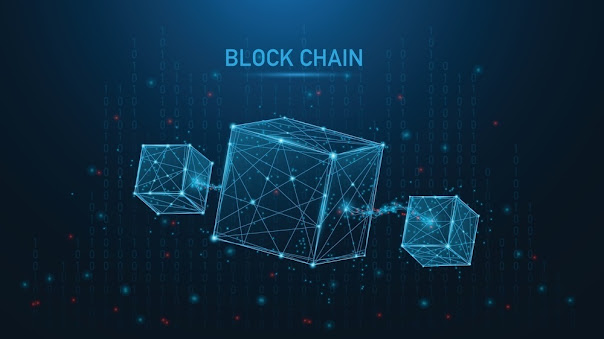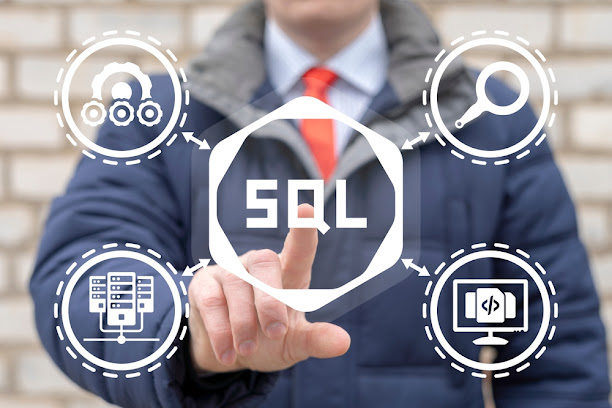Ultimate List of Blockchain Interview Questions for 2024
Are you scared of blockchain interviews? Do you want to learn frequently blockchain interview questions? If you have completed the blockchain developer course, knowing the questions and answers would be easier. Check out the blockchain interview questions and answers.
Best Blockchain Interview Questions
Ans. The blockchain is an incorruptible digital ledger of economic transactions that may be configured to document almost anything of value, not only financial transactions.
2. What Is Merkel Tree?
Ans. A block can be verified using a data structure called a Merkel Tree. It takes the shape of a binary tree with each block's cryptographic hashes. Every non-leaf node in a Merkle tree is a hash of its leaf node, and every leaf node in a binary tree is a hash of a block of transactional data. The last hash root of all the transaction hashes is the Merkel or hash root. It includes all of the transactions supporting every non-leaf node.
3. What Is ETH, or Ethereum?
Ans. Ethereum is a Blockchain-based open-source software platform that lets programmers create and run decentralized apps or apps that a single organization doesn't manage. It is possible to create a decentralized application where the users make decisions.
4. What is the meaning of cryptography? What part does it play in Blockchain?
Ans. Blockchain employs cryptography with a hash function to protect user identities and guarantee safe transactions. Public and private keys are used in cryptography to encrypt and decrypt data. Like a password, a private key is kept hidden between users in the Blockchain network, whereas a public key can be shared with all Bitcoin users.
5. What varieties of blockchain exist?
Ans. Blockchain technology comes in three types: consortium, private, and public.
- All internet users can view public Blockchain ledgers, and anybody can validate and contribute a block of transactions to the Blockchain. Ethereum and Bitcoin are two examples.
- Internet users can view private blockchain ledgers, but only designated individuals within the company can add and validate transactions. Although the data is publicly accessible, it is stored on a permissioned blockchain with preset controllers within the organization. Blockstack is one example.
- In a consortium blockchain, only particular nodes are responsible for the consensus process. Nonetheless, ledgers are accessible to every member of the consortium Blockchain. Ripple is one example.
6. How does a Blockchain Explorer work?
Ans. An application known as a "Blockchain Explorer" gathers data from a blockchain via an API and a blockchain node, organizes it using a database, and shows it to the user in a searchable manner.
7. Which cryptocurrencies are currently popular?
Ans. The blockchains that are most often used include:
The Bitcoin (BTC)
Ethereum (ETH)
Ripple (XRP)
LTC, or Litecoin
Cash for Bitcoin (BCH)
8. How is a block identified in the Blockchain methodology?
Ans. The main components of each block in this online ledger are transaction data, a time stamp, and a hash pointer that connects to the preceding block.
9. Describe a 51% attack.
Ans. A 51 percent attack on a blockchain network occurs when a miner or group of miners tries to take over more than 50% of the network's hashing capacity, processing power, or hash rate.
In this attack, the attacker may stop new transactions from happening or being validated. When they control the network, they can also undo already confirmed transactions, which could lead to a double-spending issue.
10. Do organizations that want to use Blockchain technology have any special requirements related to the network?
Ans. No, utilizing it is not restricted in any way. Nonetheless, the network must be peer-to-peer to comply with the concerned standards. It helps companies keep up with the speed in this field without depending on other apps by efficiently validating the new block.

Recommended Institute
For those who are new to data science, Henry Harvin offers the best courses. Students in blockchain technology courses are guided by trainers who have worked for famous companies. With a gold membership, the course has higher requirements. Henry Harvin's blockchain course costs are fair in light of their facilities. After finishing blockchain courses, you can enhance your work experiences with Henry Harvin.
FAQs
What is the typical pay in India for a blockchain developer?
Ans. According to survey responses from Indian blockchain developers, the average monthly compensation for a blockchain developer in India is thought to be approximately INR 6,76,550. Nonetheless, the pay increases as you advance in the field of blockchain and take on more positions within it.
Can someone with no prior IT experience learn blockchain?
Ans. Indeed, it is possible to learn Blockchain without prior experience in IT. You must join a reputable training facility like Henry Harvin... Developing the requisite knowledge and skills in Blockchain can be achieved by paying close attention in all lectures, completing all internship assignments, and working on real projects.
Which leading Indian businesses are utilizing blockchain technology?
Ans. Among the top Blockchain-related businesses in India are TCS, Infosys, Capgemini, and L&T Information Technology, to mention a few.
What effects might blockchain have on business?
Ans. The main benefit of blockchain technology for modern business is decreased operating expenses. Also, Blockchain accelerates transaction times by enhancing growth and efficiency. Health, banking, retail, insurance, real estate, and transportation are just a handful of businesses benefiting from blockchain technology, albeit many industries have yet to utilize it fully.
How long does Henry Harvin's Blockchain Developer training last?
Ans. Henry Harvin created a course called Blockchain Developer that consists of 70 hours of interactive, two-way virtual classroom instruction.




Comments
Post a Comment